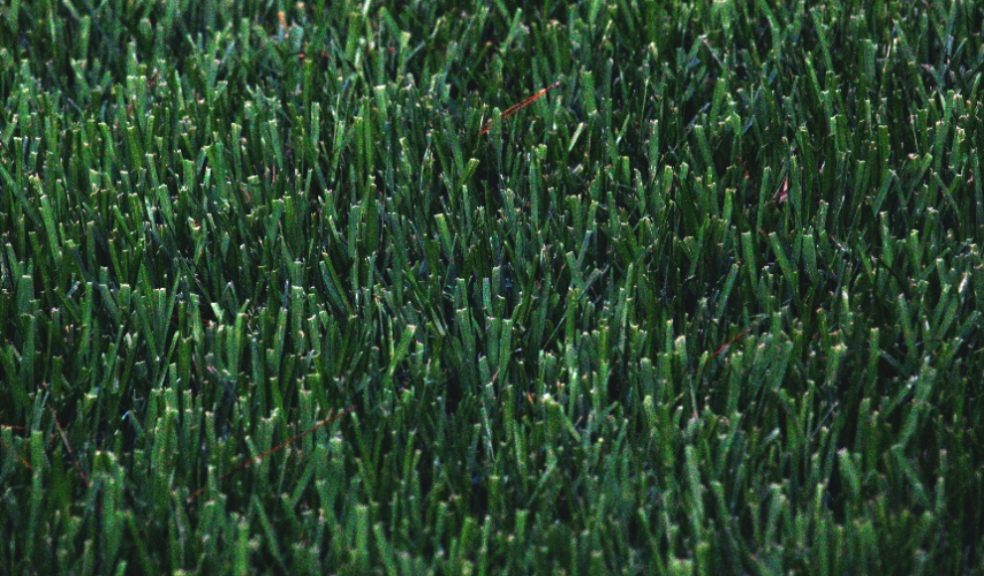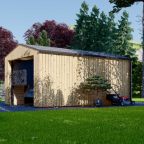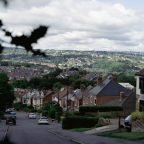
A quarter of Brits think artificial grass should be banned
Close to a quarter of people in the UK would be happy to see artificial grass lawns banned, while a further 57 percent state they would never install it in their own gardens.
According to brand new data from MyBuilder.com, a platform that matches reliable tradespeople to homeowners, 24 percent of Brits would like a full ban on fake grass. This is supported by more recent data from MyBuilder.com, which shows that enquiries for artificial grass installation are down 48 percent year on year.
The new research showed that while a quarter of Brits would support a ban, a third (33 percent) believed that there should be measures put in place to limit the usage of such materials, to help protect the environment. While 57 percent overall stated they would never install artificial grass in their garden, the over 55s were even more anti, with a massive 68 percent saying they would not consider it.
Geographically there were some interesting variations in opinion. The Welsh were the most against artificial grass, with 34 percent suggesting that a full ban should be put in place, while in Northern Ireland only 18 percent felt the same.
Across cities, there was also a wide variation, including:
- Bristol was the most in support of a ban, with 38 percent stating they would welcome it
- Cardiff was right behind with 36 percent in support
- In Edinburgh, 29 percent were in support, and traditionally “green” Brighton saw a 27 percent vote for a ban
- Newcastle was the least in support of a ban, with just 9 percent stating they would support one
For a more details list of geographical results and full report, visit https://www.mybuilder.com/blog/artificial-grass-ban.
This research supports data released by MyBuilder.com in June that showed that:
- Year on year demand for artificial grass is 48% lower
- Demand for artificial grass in 2023 is 66% lower than in the same time period in 2021
- Demand for garden maintenance is higher than ever, with an increase of 15% YoY in May and 87% increase for 2023 compared to 2021
Expert landscaper James Lewis, who works with MyBuilder.com, said recent negativity about artificial grass in the media - plus the Welsh Government’s attempt to introduce a ban - have caused the public to start to turn against it.
“I’m not surprised to see these results, and it certainly seems that more people are deciding against installing artificial grass in their garden.
“While it’s not for everyone, and there are some obvious concerns for its “green” credentials, there are still benefits to having an artificial lawn.
“If you are thinking about it, we’d advise you to carefully weigh up the pros and cons before investing in it.”
To help those thinking about it decide, experts from MyBuilder.com have compiled a list of the advantages and disadvantages of installing an artificial lawn.
Pros
Looks aesthetically pleasing all year round
No brown spots, bald patches, or muddy puddles here! There’s no denying that an artificial lawn looks nice and maintains its appearance, whatever the weather.
No need for watering
No live grass equals no need for watering in the summer. Saves you time, and money, off your monthly water bill. Also useful when the inevitable hosepipe ban comes into play.
Low maintenance
No mowing, no watering, no reseeding - there’s no doubt that an artificial lawn is easier to look after than a natural one.
Easy to clean
We all know the risk of unseen pet poo and urine on our lawns, but with an artificial lawn you can easily hose it down to keep it sparkly clean.
Cons
Cost to buy and install
Although once in place it may save you money, buying and installing your artificial lawn is likely to be a several thousand pound cost. The average cost for installation in an average size garden is between £1,200 to £2,500.
Impact on natural habitat
Removing natural grass undeniably has a negative effect on the environment, with the loss of habitat for bugs and wildlife.
Drainage implications
Although this varies depending on product and installation, an artificial lawn does not drain as well as a real one. This can cause issues in areas where flooding is a problem, such as in new build estates built on previous flood plains, or in areas close to bodies of water.
Can get too hot
Artificial lawns can get too hot for little feet and paws, causing blistering and burns. Vets from Joii Pet Care have recently warned owners that artificial grass can be perilous for pets, and advised caution when allowing pets onto it.













